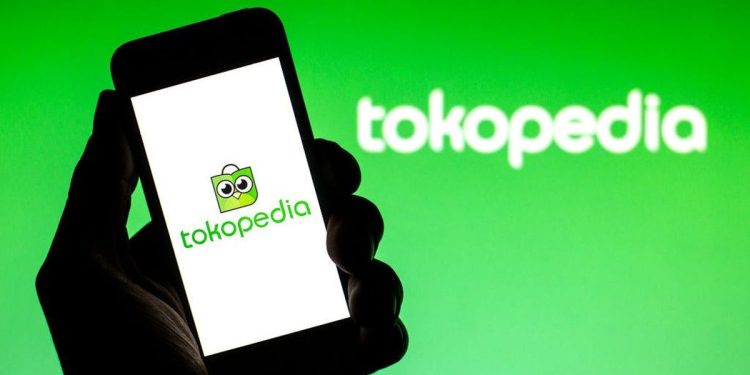Jakarta, Indonesia Sentinel — As Indonesia begins implementing a 12% value-added tax (VAT) in 2025, confusion surrounding the new tax policy has already started to surface, particularly in e-commerce platforms like Tokopedia. The government clarified that the VAT hike only applies to luxury goods and that adjustments would be made to ensure compliance with the new rules. However, some consumers and businesses have already felt the impact, especially in online marketplaces.
On January 1, 2025, several social media users, including those on the X platform, expressed concerns about the sudden application of the new VAT rate while shopping on Tokopedia’s TopAds feature. TopAds is a promotional tool used by sellers on the platform to advertise their products.
In response to these complaints, Aditia Grasio Nelwan, Head of Communications for Tokopedia and Tiktok E-Commerce, confirmed that the platform would refund sellers who were charged an excess VAT on January 1, 2025. The refunded amounts will be credited to their “Saldo Penghasilan” (Income Balance).
“We strive to comply with all regulations in Indonesia, including adjusting VAT rates on our platform based on PMK number 131 of 2024. Sellers who have paid excess VAT will receive a refund directly into their ‘Saldo Penghasilan’,” Aditia explained in a written statement to CNBC Indonesia on January 3, 2025.
Government Acknowledges Transitional Issues
Suryo Utomo, Director General of Taxation at the Indonesian Ministry of Finance, addressed public concerns during a media briefing on January 2, 2025. He explained that the VAT increase to 12% was part of a policy transition, and that issues arose due to the changeover from the previous tax rate.
“After the announcement on December 31, 2024, we are managing the transition process, including how goods will be taxed at the 12% rate,” Suryo said, acknowledging the challenges the tax authorities face in adjusting to the new system. He added that meetings with business owners were being conducted to smooth over the transition and clarify how the revised system would be implemented.
Adjustments for the E-Commerce Sector
While the government has yet to specify the exact date when the transition will be fully implemented, Suryo emphasized that some businesses had already adopted the 12% VAT rate on their invoices, in line with the new tax policy. However, he noted that this was not the case for all businesses, especially large enterprises, which typically rely on automated systems to generate tax invoices.
“The transition has been mixed, but we are working to ensure that all businesses are following the revised tax rules, particularly for transactions that generate tax invoices,” Suryo said. He also clarified that the tax administration would ensure the proper handling of invoices, especially those that had been processed before the transition.
How 12% Indonesia VAT on Luxury Items Affects Consumers and Businesses
What Lies Ahead for Indonesian E-Commerce
As the tax hike continues to take effect, Indonesian e-commerce businesses, including platforms like Tokopedia, are under pressure to implement the new VAT rate while ensuring minimal disruption for sellers and consumers. With refunds being issued to affected sellers, the focus now shifts to managing the broader tax transition and making sure the new system is clearly understood by all parties involved.
For now, Indonesian consumers and sellers will have to wait for further clarification on the exact timeline for implementing the 12% VAT rate, as well as the measures that will be taken to address any discrepancies in the tax collection process.
The government’s efforts to smooth the transition and address grievances from businesses and consumers indicate a commitment to aligning with global tax standards while also maintaining fairness in the local market.
(Becky)

























